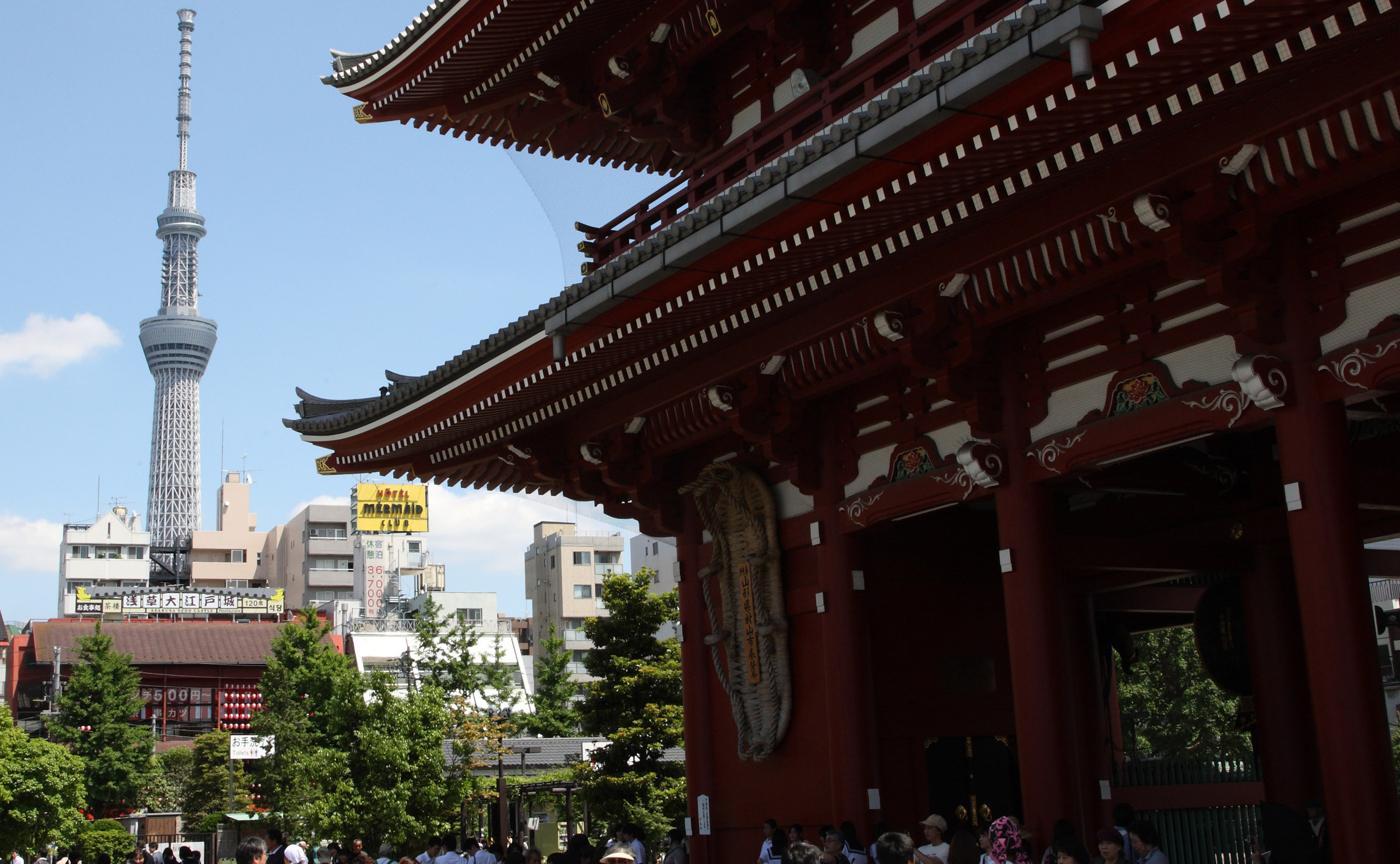Despite a surge in foreign tourists, Tokyo stayed fourth out of 40 major global cities in the annual Global Power City Index (GPCI) ranking unveiled Wednesday, trailing London, New York and Paris.
Compiled annually by the Mori Memorial Foundation's Institute for Urban Strategies, GPCI assesses each city's power to "attract creative individuals and enterprises" and "mobilize their assets for economic and social development," based on criteria such as economy, research, cultural interaction, livability, environment and accessibility.
This year's outcome marks eight straight years Tokyo was ranked fourth since the launch of the ranking in 2008. Although it has made improvements in certain areas, the city is still struggling to overcome its major weaknesses, including cultural interactivity and transportation access, the ranking showed.


















With your current subscription plan you can comment on stories. However, before writing your first comment, please create a display name in the Profile section of your subscriber account page.